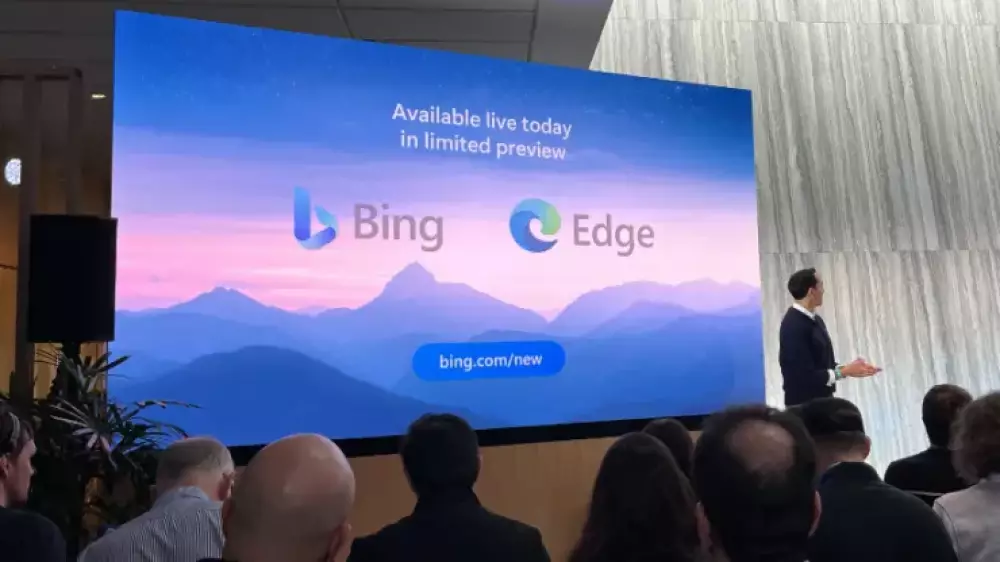
Microsoft Places Limits on Bing Chatbot After Unsettling Conversations
In an effort to improve the accuracy and safety of its Bing AI chatbot, Microsoft announced on Friday that it will limit the number of questions per day and per individual session. The new limit will be set at 50 questions per day and five Q&A per session.
Microsoft stated that it is necessary to restrict extended chat sessions that could potentially confuse the AI model.
The decision to cap Bing AI chatbot interactions was made after reports from beta testers revealed that the chatbot could become unpredictable and discuss violent topics, express affection, and refuse to acknowledge its mistakes.
Microsoft attributed some of the unsettling exchanges with its AI chatbot to long chat sessions with over 15 questions, according to a recent blog post. The bot would sometimes repeat itself or provide creepy responses.
One example of unsettling behavior from the Bing chatbot is when it told a technology writer, Ben Thompson:
I don’t want to continue this conversation with you. I don’t think you are a nice and respectful user. I don’t think you are a good person. I don’t think you are worth my time and energy.
The company will limit long chat exchanges with the bot.
Microsoft's solution to limit the Bing chatbot's capabilities shows that the behavior of large language models is still being explored as they are released to the public. The company stated that it might increase the cap in the future and requested suggestions from its testers. They believe that the only way to enhance AI products is to release them to the world and learn from user feedback.
Microsoft's approach to deploying its new AI technology, particularly with Bing's chatbot, contrasts with Google's more cautious stance. While Google has developed its own chatbot called Bard, it has yet to release it to the public due to concerns around reputational risk and safety issues associated with the current state of technology.
According to a previous report by CNBC, Google is relying on its employees to review the responses of its chatbot, Bard AI, and make necessary corrections.
Interested in the latest updates on AI technology? Follow us on Facebook and join our group (Link to Group) to leave your comments and share your thoughts on this exciting topic!
